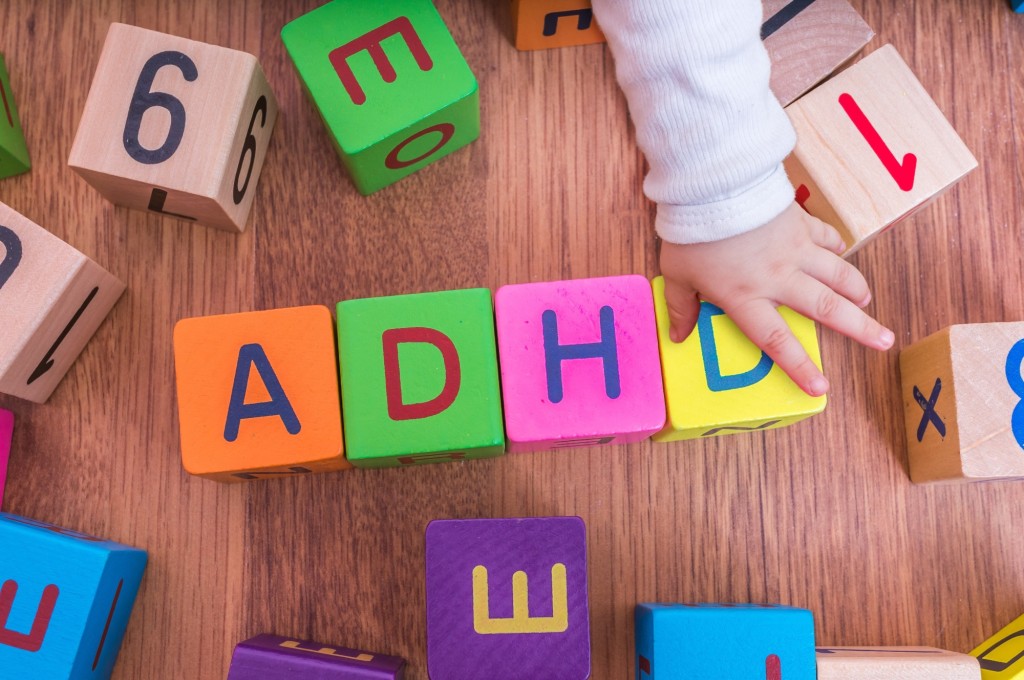
Living with Attention-deficit/hyperactivity disorder (ADHD) can be challenging for both children and adults. However, with the right treatment plan, including medication, individuals with ADHD can effectively manage their symptoms and improve their everyday functioning. If you or a loved one in Bowie, MD, is seeking information about ADHD medication, this article will provide you with a comprehensive understanding of ADHD medication and its benefits.
- Stimulant Medications: Stimulant medications are the most commonly prescribed treatment option for ADHD. They work by increasing the levels of certain chemicals in the brain that are responsible for improving attention and reducing hyperactivity and impulsivity. Stimulant medications, such as methylphenidate and amphetamines, have been proven to be effective in managing ADHD symptoms in both children and adults.
- Non-Stimulant Medications: In cases where stimulant medications are not suitable or well-tolerated, non-stimulant medications may be prescribed. These medications work differently than stimulants, targeting norepinephrine levels in the brain. Non-stimulant medications, such as atomoxetine and guanfacine, can provide relief for ADHD symptoms without the risk of addiction or abuse associated with stimulant medications.
- Benefits of ADHD Medication: ADHD medication can bring about significant improvements in attention, concentration, and impulse control, leading to better academic, occupational, and social outcomes. By reducing hyperactivity and impulsivity, medication can also improve overall behavior, allowing individuals to better control their actions and make sound decisions.
- Side Effects: Like any medication, ADHD medications may come with potential side effects. Common side effects of stimulant medications can include decreased appetite, trouble sleeping, and increased heart rate. Non-stimulant medications may be associated with side effects such as upset stomach, drowsiness, or dizziness. It is important to discuss any concerns about potential side effects with your healthcare provider to find the right medication and dosage.
- Individualized Treatment: Every person with ADHD is unique, and not all medications work the same for everyone. Finding the right ADHD medication often involves a trial-and-error process, with the healthcare provider adjusting the dosage or trying different medications until the optimal treatment plan is found. Regular communication with your healthcare provider is crucial to ensure that your medication is effectively managing your symptoms.
- Complementary Therapies: While medication can be highly effective, it is often recommended to combine it with other therapeutic approaches to maximize its benefits. Psychoeducation, cognitive-behavioral therapy, and lifestyle modifications, such as improved organization and time management skills, can complement the effects of medication, helping individuals with ADHD thrive in various areas of their lives.
In conclusion, ADHD medication Bowie MD can be an essential tool in managing the symptoms of ADHD, increasing focus, reducing impulsivity, and improving overall functioning. Stimulant medications and non-stimulant medications are the two main types prescribed, each with its own benefits and potential side effects. However, individualized treatment is key, as different medications may work differently for each person. By combining medication with complementary therapies and a supportive treatment team, individuals in Bowie, MD, can find an effective treatment plan catered to their unique needs, helping them lead more productive and fulfilling lives.
Leave a comment